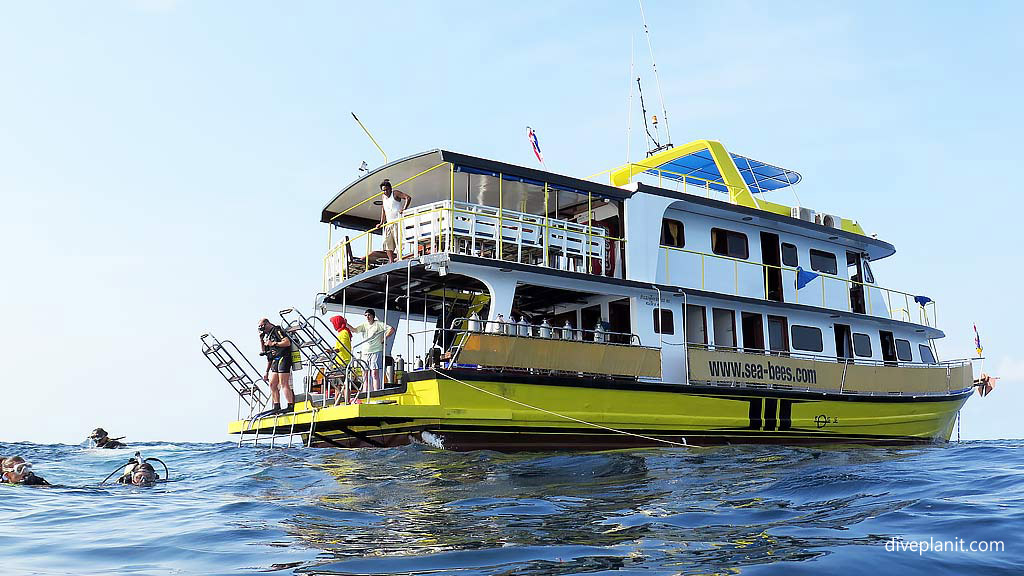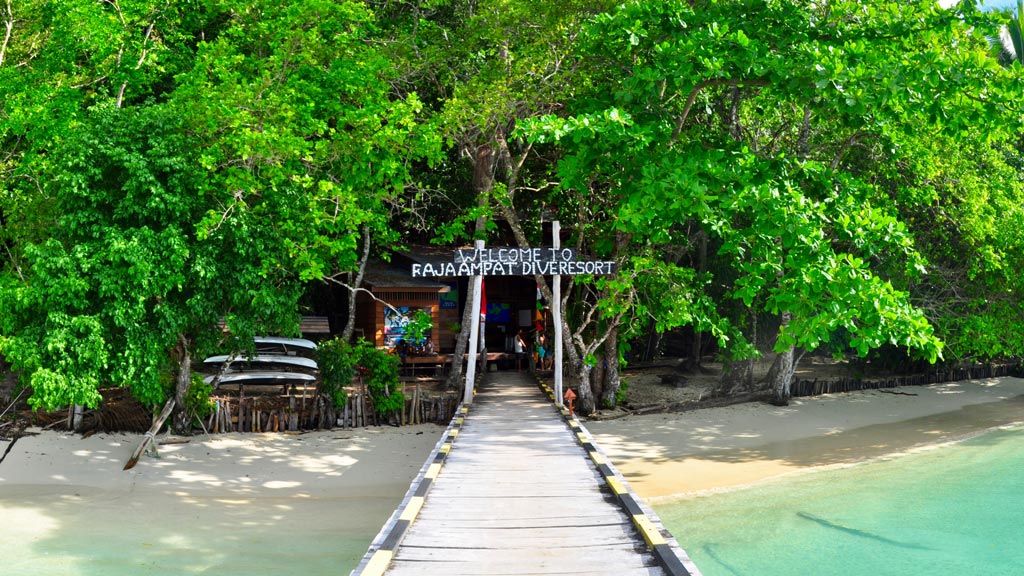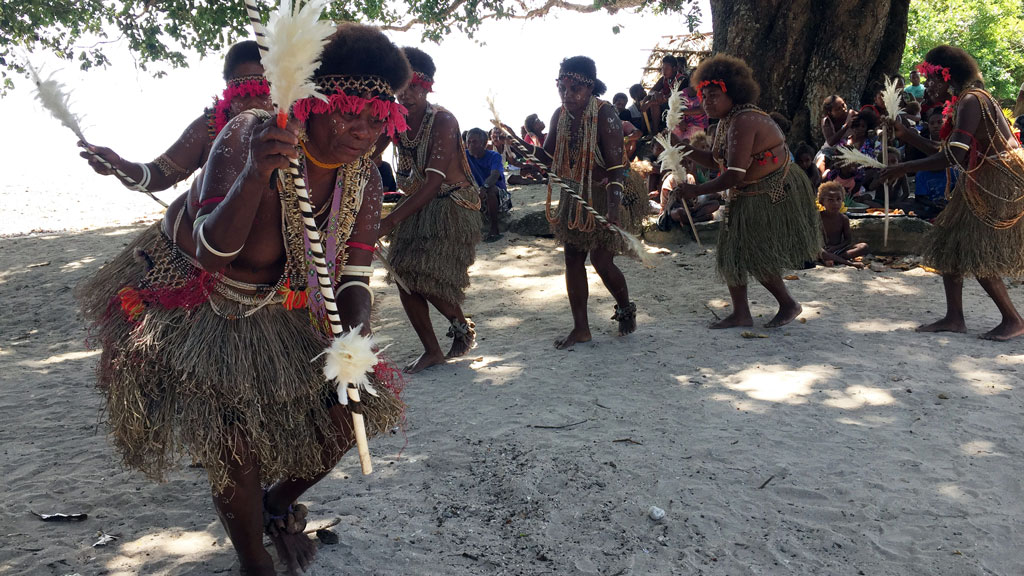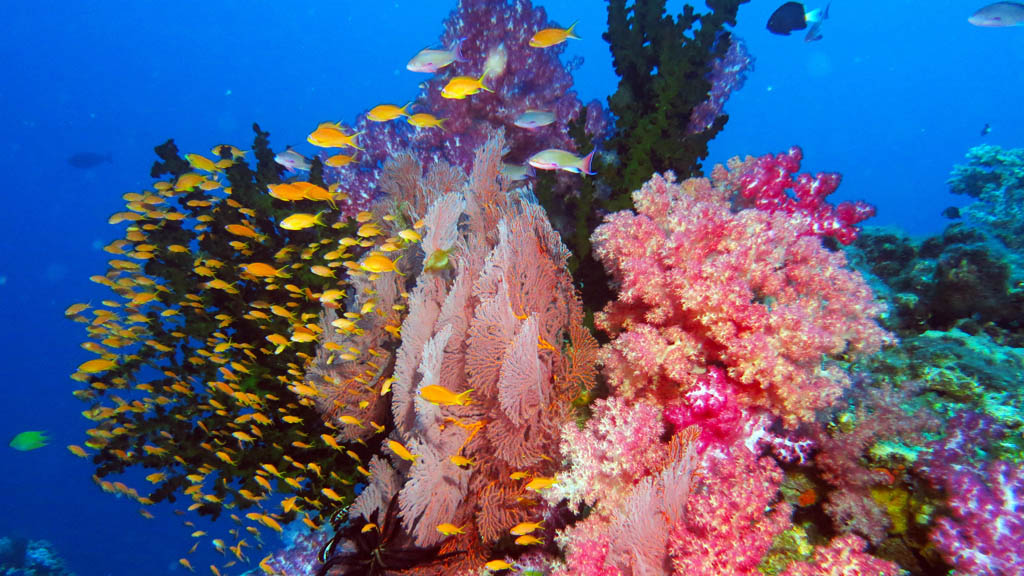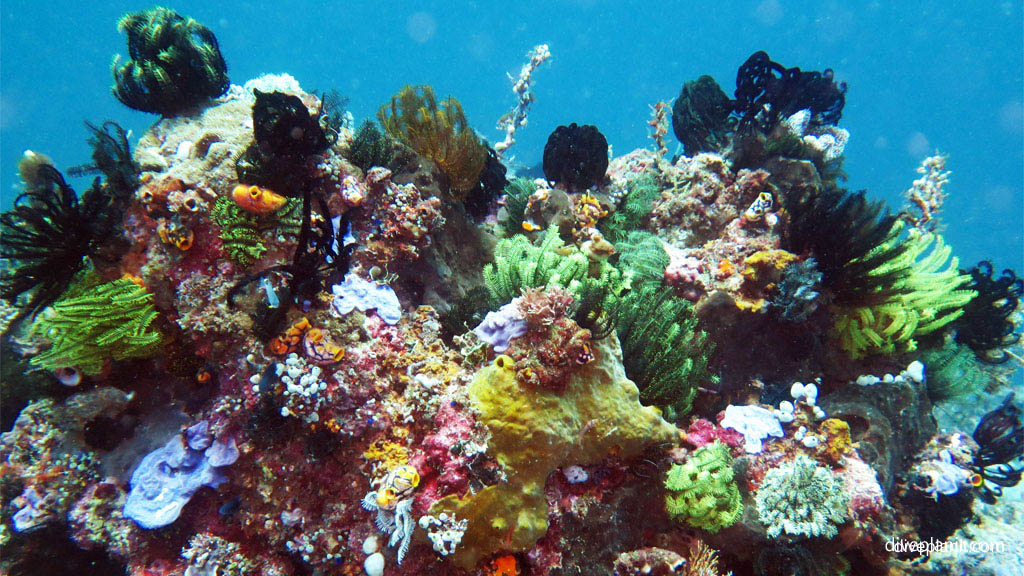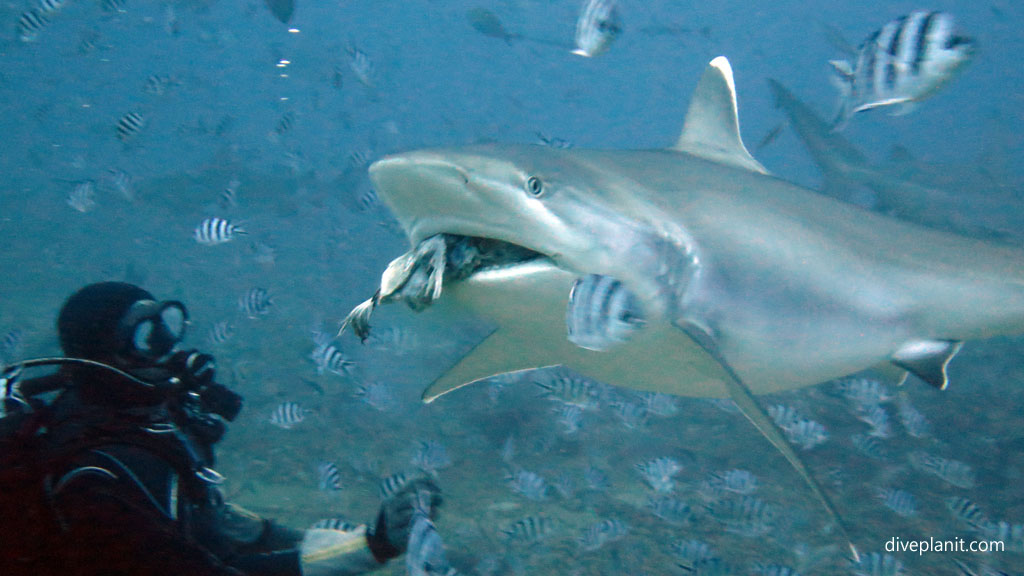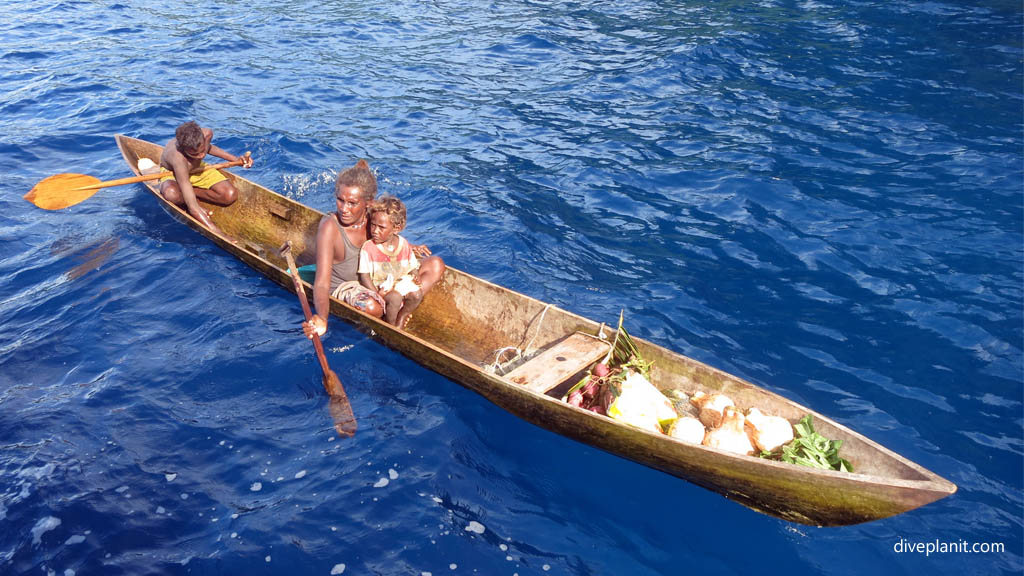Do you book a dive resort or a liveaboard for your next dive trip?
Dive Resorts vs Liveaboards – Discover the benefits of each with this comprehensive review
Those who regularly dive on Liveaboards will tell you it’s the only way to dive, whilst those who don’t, wonder why you’d want to spend a week’s vacation cooped up on a boat! So we explored the merits of each – for you to see the other side – and maybe try it.
Liveaboards
Liveaboards promote a great variety of sites over an area of diverse terrain with different marine species to be encountered at each location. Plus up to 5 dives a day in extreme luxury (or maybe just exceptional comfort, or maybe even cramped comfort?)
Resorts
Resorts offer excellent diving right on your doorstep, lush tropical surroundings, a chance to walk on the beach, infinite snorkelling on their amazing house reefs, and a chance to meet the local wildlife (which can include the local mosquitoes which are rarely an issue on Liveaboards!)
Local Community
While easy for the resorts to capitalise on their local community, liveaboards are getting switched onto this element and are offering wildlife tours and village visits.
Trips to the Komodo National Park aboard Moana operating out of Indonesia, for example, include a land trip to Komodo Island to see the Dragons. Alternatively, the itinerary of the Solomons PNG Master liveaboard (formerly the MV Taka) operating in the Solomons, includes a visit to one of the remote villages in the Russell islands to watch a performance by, and engage with, the local Solomon Islanders.
Food
Some resorts and liveaboards obviously put more emphasis on this than others, but the bottom line is no one would get away with serving substandard food for very long – word would get around pretty damn quickly.
One point to note on this when choosing a Liveaboard or resort is to check how much of the cuisine is local versus ‘Western’, particularly if you have a strong preference for one or the other. (Maybe not uncommonly, like me you enjoy a western breakfast but want all the other meals to come from directly the east).
Dive Resorts vs Liveaboards – the bottom line…
Liveaboards
A much wider diving area, many more diverse dive sites to visit and much more varied marine life to see. Indeed, remote locations like Thailand’s Similan Islands which are simply impractical to access for dives from land, are opened up when booking a liveaboard boat diving trip for your dive holiday.
The liveaboards of Fiji cover the whole of the Koro Sea, Vatu-I-Ra and Bligh Water including the famed Wakaya Island and Namena Marine Reserve.
The liveaboards of Indonesia cover the whole of Raja Ampat or the whole Flores Sea in one trip!
Aussie liveaboards go to all the best dive sites on the Great Barrier Reef and the Coral Sea.
Dive Resorts
By contrast though how many times have you left the dive resort knowing you left so many of their sites un-dived? And there was that one site you could have dived every day for a week it was so good. Uepi Point is one of those places, the Rainbow Reef has over two dozen different dive sites on the one reef, and places like Thalassa Resort in North Sulawesi offer excellent diving in the Bunaken Marine National Park, world-class diving on nearby Bangka Island and muck diving to boot in the Lembeh Strait.
Sustainability
There’s a final angle to selecting a Liveaboard or a resort that is often overlooked, and that’s sustainability, and not just referring to the solar panels on the roof.
Give a thought to the people who traditionally own the sites and reefs you’re diving on, whether that’s the Solomons, Fiji, Indonesia or the Great Barrier Reef, and I’m not thinking of the reef fee, I’m thinking longer-term. Is the resort or Liveaboard built or operated and owned locally? Does the operator use local materials, engage local tradesmen and support local traditions & craftsmanship? Spare a thought for the cooks, cleaners, dive guides, and captains – are they locals who’re being paid a fair wage?
Is the operator supporting local outreach or community programs? Most reef fees on Fiji shark dives go straight to the local school!
Where and how does the Operator source power, provisions and freshwater? Is it done in a way that supports local communities? And finally, waste and recycling: does it all make it back to an appropriate facility?
So whether to dive resort or Liveaboard (and we can recommend a few), we’ll leave you to make your own choice, all we can suggest is that you if you’re exclusively one or the other, try the other, just so you can be sure of your convictions!
If you liked this post, you might also like ‘Is that Eco Dive Resort really a sustainable dive centre?‘

